Managing Depression Whilst on Holiday
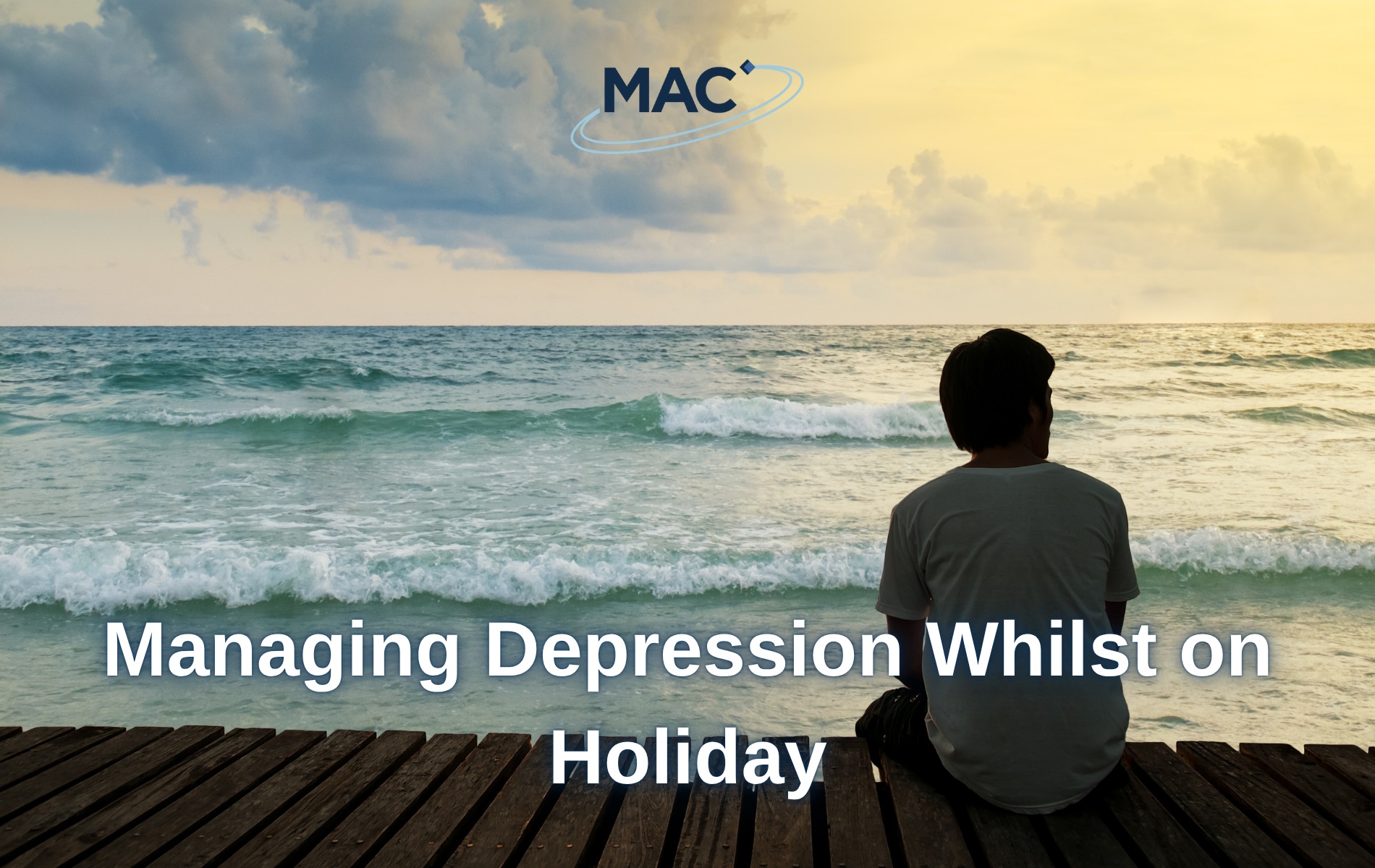
Holidays are often portrayed as the ultimate escape: sunshine, relaxation, and a break from the everyday grind. Around 9 million trips abroad will be made by Brits this August1, but for those living with depression, the idea of a holiday can feel overwhelming rather than uplifting. The pressure to feel happy, the disruption of routines, […]
Immunisation Awareness Month: The Importance of Clinical Trials and Vaccination
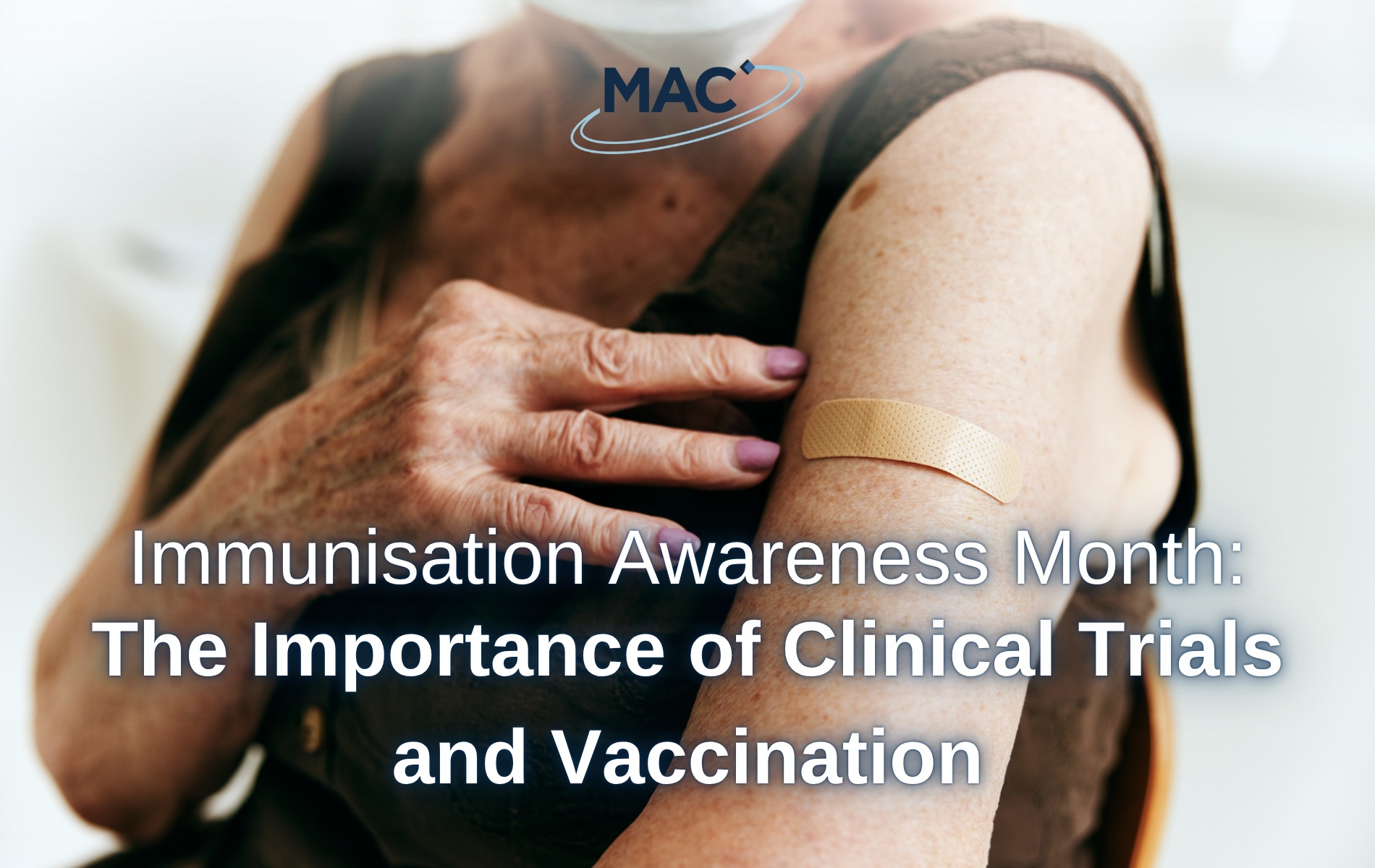
This Immunisation Awareness Month, we are highlighting a very important part of immunity against disease—vaccination. Vaccination helps prevent the spread of many diseases and conditions, and their development could not be completed without clinical trials. Here at MAC, we’re exploring the critical role of vaccination in healthcare and how clinical research is vital to the […]
Health Anxiety and Depression: The Dark Side of Online Health Searches
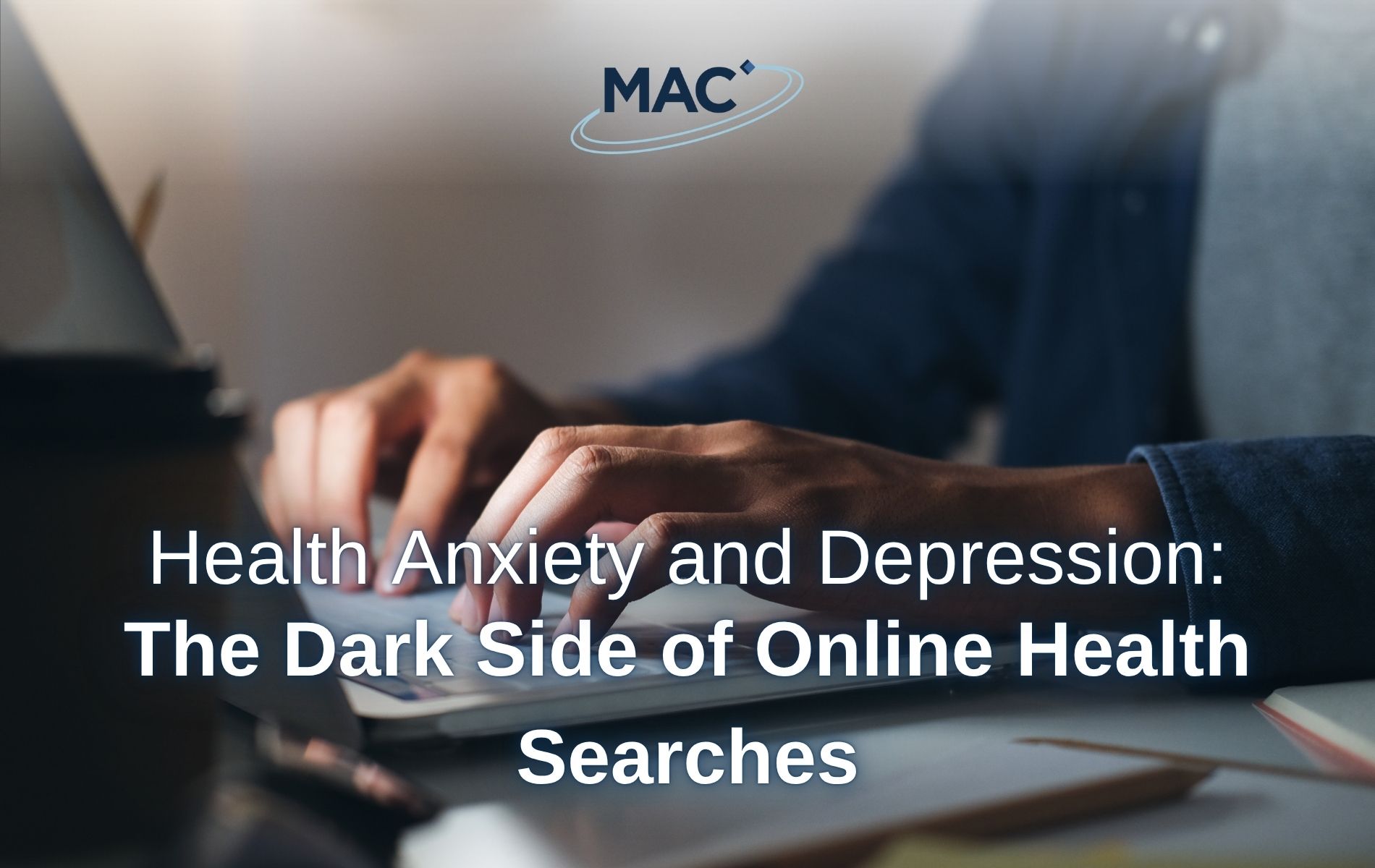
When you’re feeling unwell or have just been diagnosed with a condition, it’s natural to search online for more information. This can both help and hinder your understanding of your health. Though there are many helpful health resources available, there are just as many with incorrect or fear-mongering content. Over-exposure to this negative content can […]
Mental Health Challenges in Scotland

Mental health is a deeply personal journey, yet in Scotland, it’s also a shared struggle. Across the country, more people than ever are opening up about their mental wellbeing, and while this growing openness is a positive step, it also reveals the scale of the challenge. With around one in four people in Scotland experiencing […]
Supporting a Loved One with Parkinson’s Disease

When someone you love is diagnosed with Parkinson’s Disease, it can feel like your whole world has changed. Parkinson’s is a progressive neurological disorder that affects movement, mood, and can affect cognition; around 153,000 people in the UK live with this debilitating condition1. For Good Care month, we want to acknowledge that, while the journey […]
Burnout, Stress, and Depression
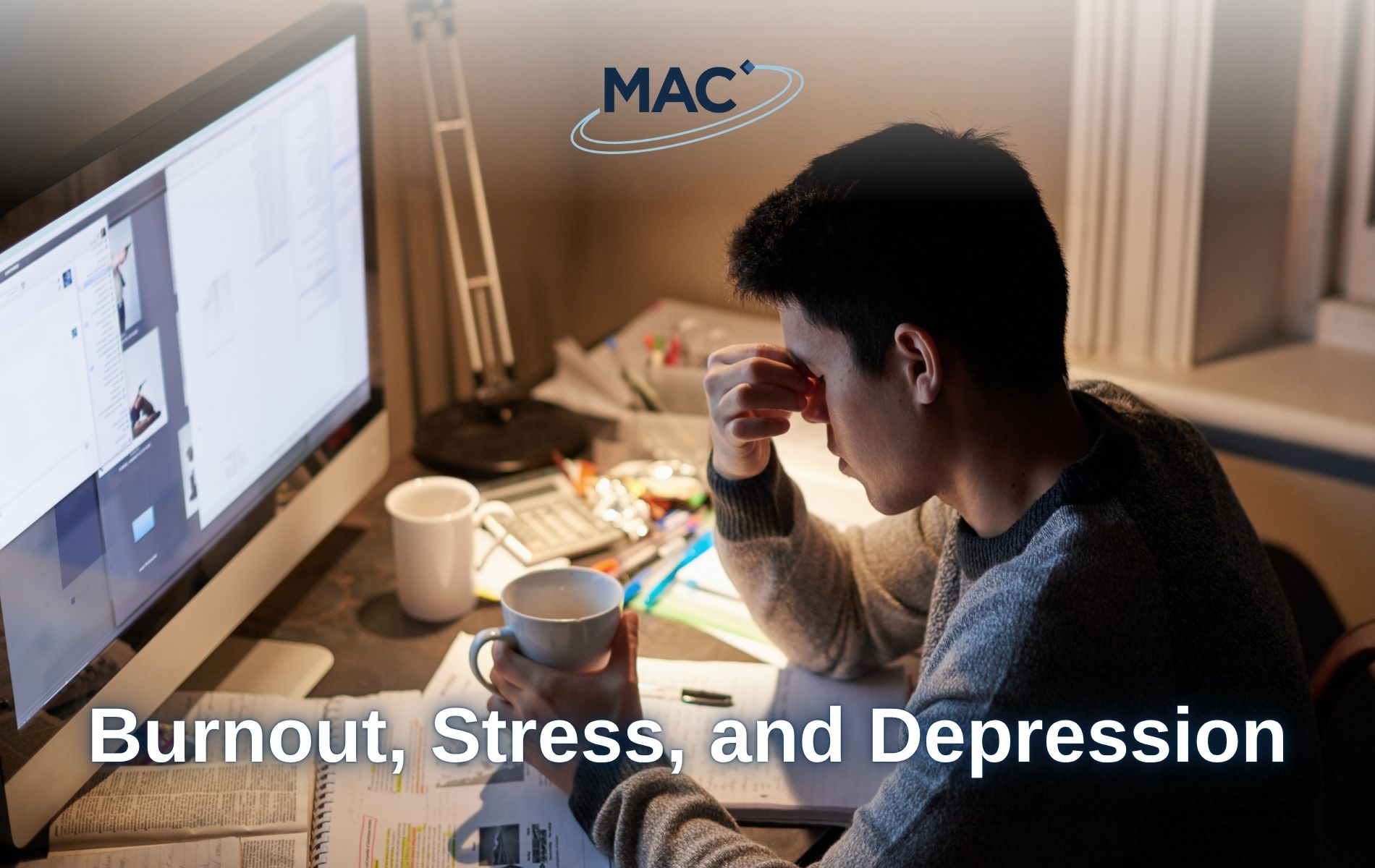
In today’s fast-paced world, stress has become a near-constant companion for many. Whether it’s due to work, relationships, or financial pressures, stress can accumulate and evolve into something far more serious: burnout, which if left unaddressed, can be a gateway to depression. What Is Burnout? Burnout is more than just feeling tired after a long […]
Samaritans Awareness Day – How to Support Mental Health with Active Listening
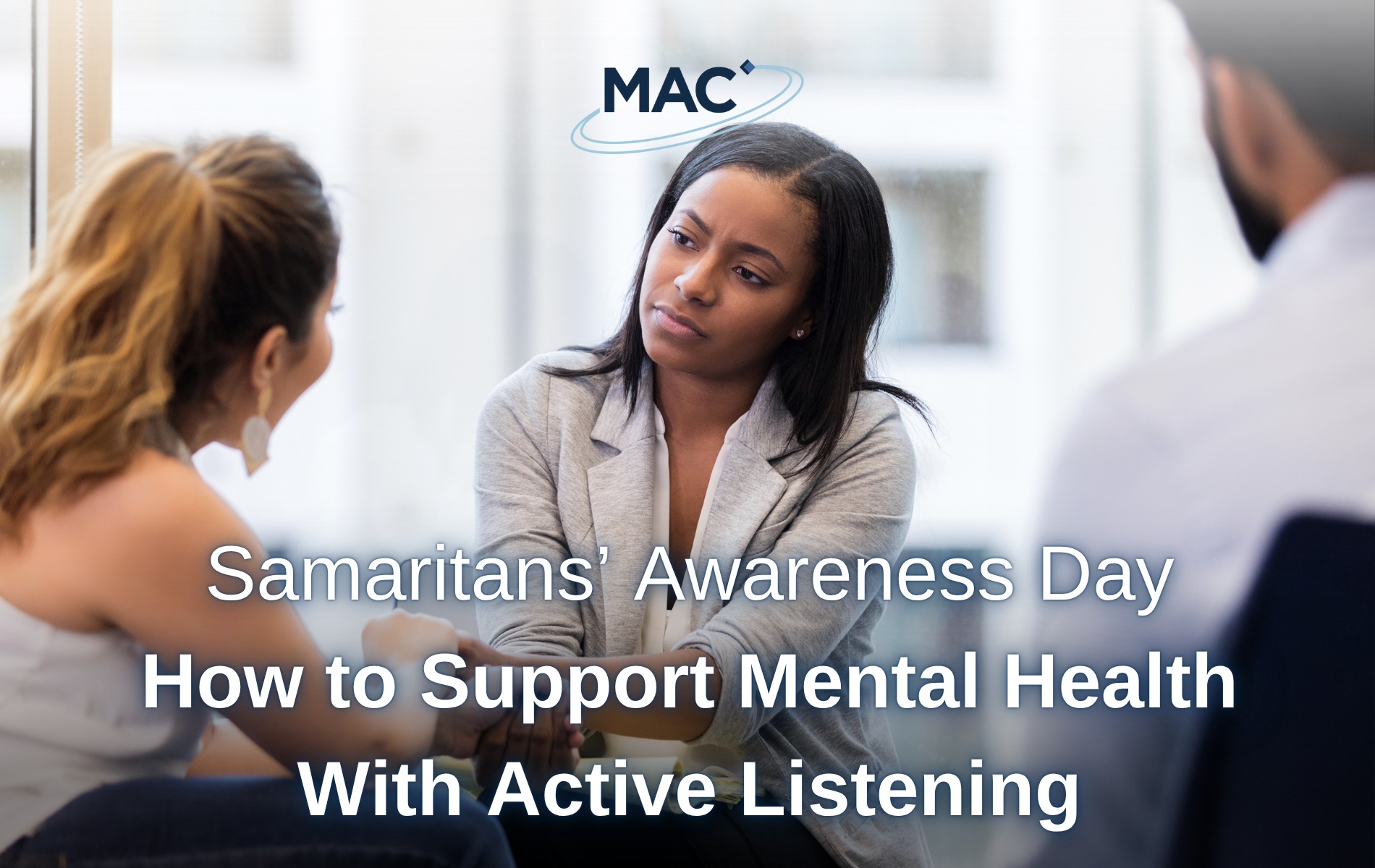
Each year the 24th of July marks Samaritans Awareness Day, a day dedicated to raising awareness about mental health and the power of support and listening1. Talking about mental health can be challenging, but listening effectively also takes skill. Active listening is an essential skill needed to create a non-judgemental and safe place for someone […]
Self-Care for COPD on International Self-Care Day

Every year on the 24th of July, the world celebrates International Self-Care Day, an opportunity to remind everyone that self-care is not a luxury, it’s a necessity. For the 1.2 million people in the UK living with Chronic Obstructive Pulmonary Disease (COPD)1, self-care isn’t just about feeling better, it’s about living better, longer, and more […]
Parkinson’s Disease and the Brain
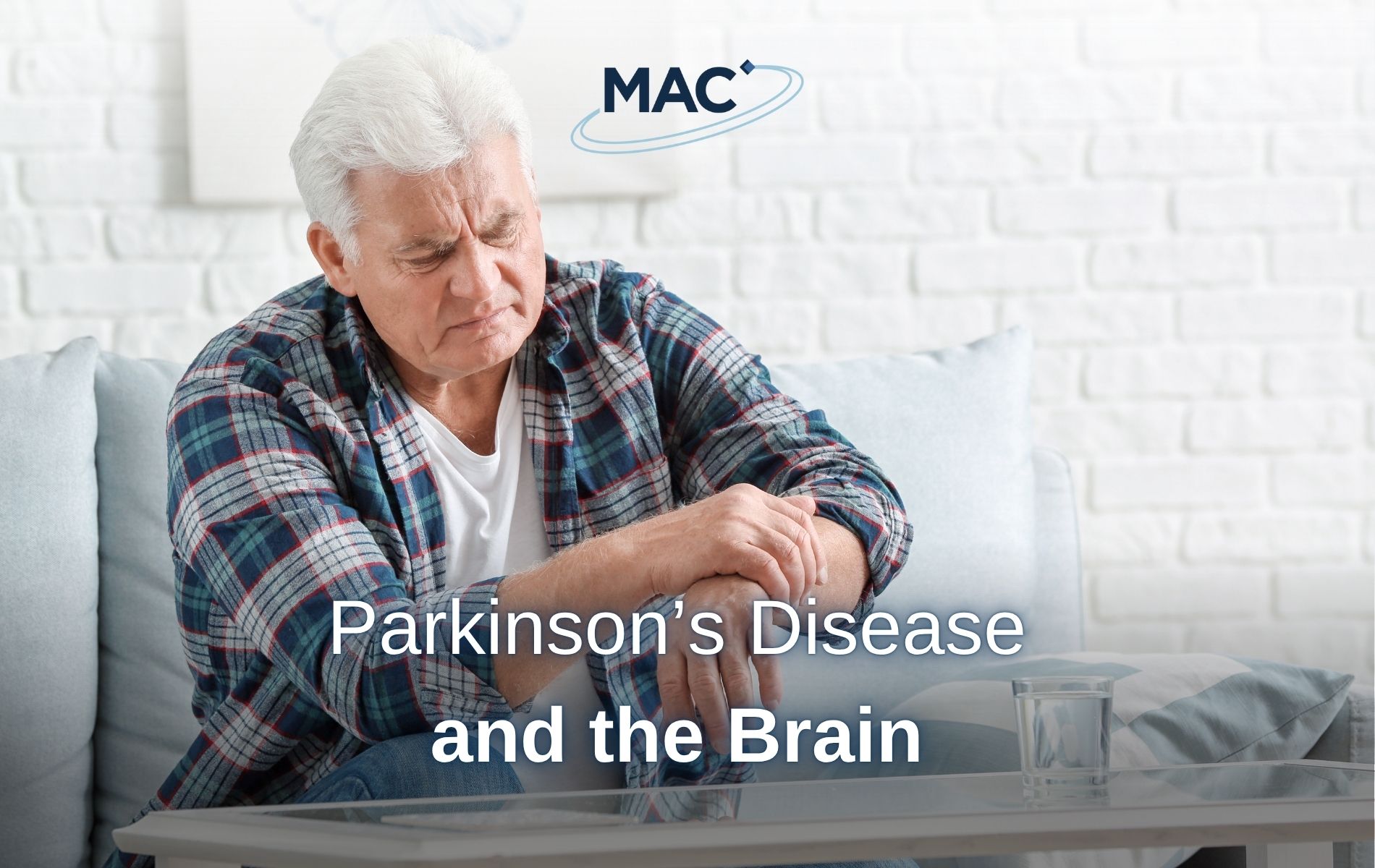
Parkinson’s disease is one of the most common neurodegenerative conditions in the UK; it is estimated that nearly 1 in 40 adults will be diagnosed with the condition in their lifetime1. Due to our ageing population, it is the fastest-growing neurological condition worldwide2. This World Brain Day, we’re exploring the nature of Parkinson’s and how […]
Understanding Birth Trauma and PTSD

Childbirth is mostly thought of as a joyful experience, but for many, it can be deeply traumatic. Birth trauma refers to the physical or emotional distress experienced during or after childbirth. When this trauma leads to persistent psychological symptoms, it can develop into post-traumatic stress disorder (PTSD), a serious a complex mental health condition triggered […]
